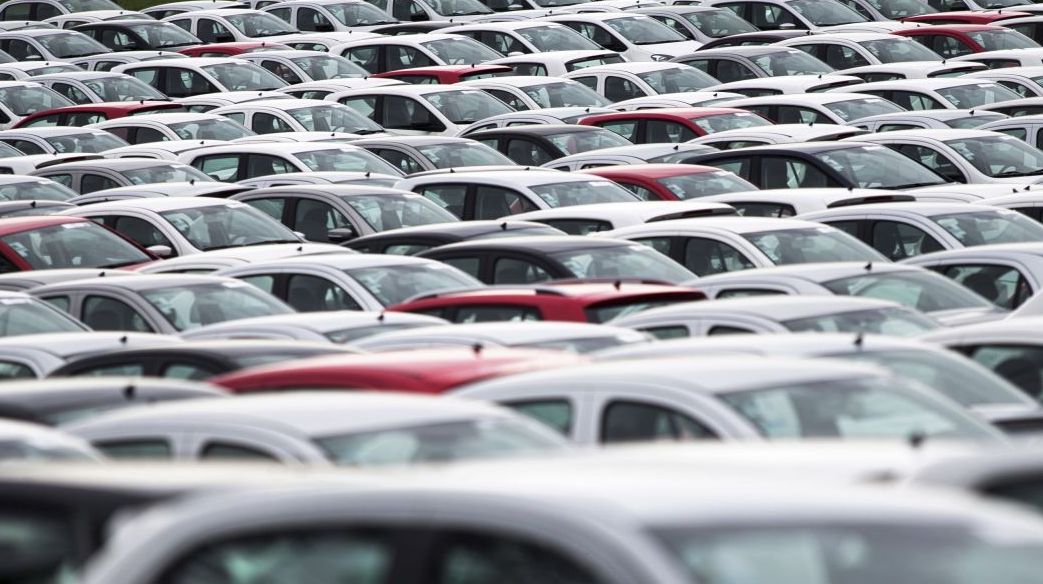
Brazil’s auto industry shows signs of recovery, auto sales up 13.6%
Jan, 03, 2019 Posted by datamarnewsWeek 201902
According to Anfavea (Brazil’s National Automobile Manufacturers Association), Brazil has experienced a surge in consumer drive in 2018 with vehicle sales up 13.6% to 2.47m units, year-on-year. The country produced 7.9% more vehicles at 2.57m units between January and November 2018, compared to the same period the previous year. The graph below shows the country’s truck and light vehicle market trends since January 2012:
The graph below uses Anfavea data to depict Brazil’s CKD vehicle market:
Supporting Sources:
UPDATE 1-Brazil auto sales up 13.6 pct in 2018 – source
SAO PAULO, Jan 2 (Reuters) – Auto sales in Brazil jumped 13.6 percent in 2018, cementing the industry’s gradual recovery from a deep recession, a source with knowledge of the matter told Reuters.
Brazil was one of the world’s five biggest auto markets until a recent downturn and, despite last year’s growth, numbers remain lower than at their peak in 2012. The country remains a major base of operations for Fiat Chrysler Automobiles, Volkswagen, General Motors Co and Ford Motor Co
Sponsored
Overall, General Motors sold the most cars in Brazil in 2018, the source said, followed by FCA and then by Volkswagen.
Growth in December was particularly significant for Renault , Volkswagen and General Motors, which saw double-digit increases in the month compared to a year earlier, the source said.
Sales totaled 2.47 million, in line with the national automakers’ association expectation of 2.46 million units.
In December, sales were up 9.5 percent from the same month a year earlier.
Related Post
-
Ores
Jul, 10, 2024
0
Brazil increased iron ore exports by 6.1% y/y in the first half of the year
-
Coffee
Mar, 13, 2020
0
Soluble coffee exports grew 9.17% in first two months despite coronavirus threat
-
Shipping
Jul, 16, 2024
0
Scan Global gains a foothold in Brazil with acquisition of Blu Logistics
-
Grains
Aug, 28, 2024
0
Brazilian Soybean, Soymeal, and Corn Export Forecasts Lowered by Anec



